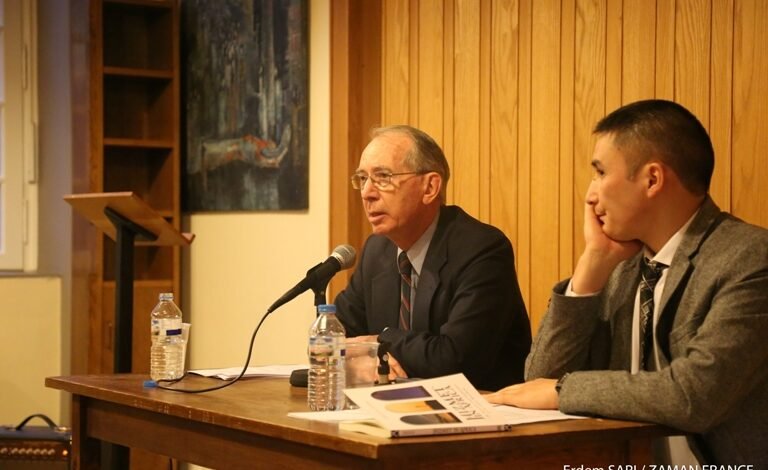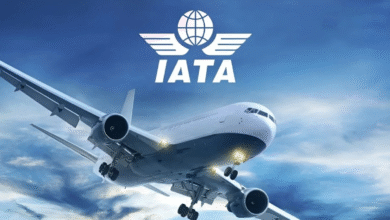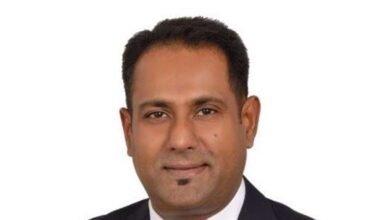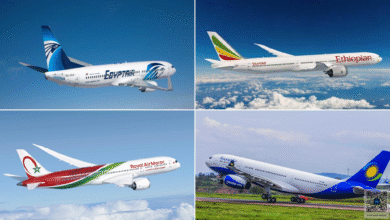Turkey – Africa: Social and Economic Investments

When it comes to investments, Turkey continues moving forward with its policy of ‘strategic partnership’ with Africa. Helping the continent through substantial humanitarian actions, but also and mostly, through co-operation with different countries, in order to develop bilateral trade. More and more, Turkey is showing its ambition to support the African Union.
On the 11th of March, at the Centre d’études et de réflexion sur le Hizmet in Paris, a discussion took place around the book ‘Hizmet in Africa: Activities and Importance of the Gülen Movement’. Its author, the former Ambassador to the United States, David H. Shinn was present for the occasion. In his essay, Shinn analyses the different activities of the Hizmet Movement and of the followers of Fetullah Gülen, a Turkish Muslim scholar exiled in Pennsylvania since 1999. According to Dr. Yafes Uyarci, Sociologist and President of Paris’s Centre d’étude et de réflexion sur le Hizmet, a great number of the movement’s supporters are investing in Turkey. The movement promotes some of the values defended by Fetullah Gülen: equality, freedom, dignity, selflessness, ecology, morality… ‘Hizmet means “at the service of” in Turkish,’ says Uyarci. ‘A lot of entrepreneurs invest over there.’ Today, the Turkish government is putting in tremendous efforts to multiply bilateral partnerships with some African states. Proof of that is the number of forums organized during the past few years in Sub-Saharan Africa, particularly in West Africa.
Some of those countries with whom Turkey has already ratified no fewer than nine agreements include Ivory Coast, Ghana, Nigeria, Guinea… Turkey is unfolding its plan for a ‘strategic partnership’ with West Africa. Official numbers also reveal Turkish investments in Ivory Coast have reached 390 million dollars in 2015, in progression from 150 million in 2008. According to Turkey’s Ministry for Foreign Affairs, ‘commercial exchanges between Turkey and all African countries have reached 23.4 billion dollars in 2014 and trade with Sub-Saharan states has multiplied by ten since 2000’, reports Agence France Presse.
Education First
Today in Africa, about a hundred schools linked to the Hizmet movement benefit from academic support usually reserved for the elite. Disagreements between authorities and the founder of the school network have forced the government to close some of those schools. ‘Hizmet is a contemporary movement concerned by forms of action, content and meaning, in a way that differs qualitatively from what we see in European societies where a tradition of confrontation exists. Hizmet doesn’t fit into the standard categories of movements such as the labour, the industrial capitalism or the modern left-wing. Instead, it recognizes the need for a new and global synthesis, originating from the past but based on contemporary and universal realities,’ says Yafes Uyarci.
This philosophy explains why schools founded by conversation groups, supporters or volunteers of Hizmet were able to come to life in Africa.
‘Schools apply the local national education programme. The emphasis is on learning modern languages. Turkish is taught either as part of the curriculum or as an option. There is no religion classes in those schools, except in countries where the educational plan includes such classes. Most of the teachers are locals. Classes are intended for the youth of the country, so for Africans,’ adds Uyarci. ‘Africa belongs to Africans, we are not here for your gold,’ said Turkish Prime Minister Recep Tayyip Erdogan when he delivered a speech at the parliament of Gabon in January 2013, as reported in a news release from the Turkish Ministry of Foreign Affairs under the title ‘Turkey-Africa, Solidarity and Partnership.’
Large Scale Economic Partnerships
‘On today’s globalized markets, Turkish entrepreneurs are opening up to the world,’ says Yafes Uyarci. ‘Turkish business people have chosen to invest in Africa for the same reasons as the French, the Chinese, etc. Africa offers interesting opportunities in many sectors. With its natural resources, infrastructure to be built, there are major markets attractive for Turkish entrepreneurs. You have, for example, in Turkey, craftsmen and small business leaders who join together in order to create a larger structure to invest in Africa. The majority of investors commit to train people locally. They are not here only for business opportunities. They are training Africans for a skill or a trade. And Turkey encourages bilateral exchanges,’ he says.
As stated in a news release from the Turkish Ministry for Foreign Affairs in 2014, ‘there are today thousands of Africans who study, work and live in Turkey and vice versa. Turkish Airlines has become one of the main international carriers, who cover close to 40 destinations non-stop. There are more and more Turkish investments and many of them are perfect examples, employing local staff, using resources produced locally and exporting the final product to a third country. Turkish private companies are planning to invest more than 100 million dollars within the next 2–3 years, only in Mogadiscio. Over the last decade, the total volume of our commercial exchanges with Sub-Sharan countries has multiplied.’ For Yafes Uyarci, ‘the current government is (was) encouraging Turkish managers to invest in Turkey’. He adds, ‘with the energy generated by Hizmet and the socio-educational projects in Africa, the state took this opportunity to first, put in place direct flight connections from Istanbul to some African capitals and second, open about 40 embassies across the continent’. According to an article published in Le Monde Afrique, ‘… Recep Tayyip Erdogan announced that the frequency of flights carried by Turkish Airlines (main transporter between Turkey and Africa) connecting Ankara and Abidjan would increase to seven, from four flights per week. The number of Turks living in Abidjan went up from four in 2000 to 200 in 2015.’
A Social Aspect
Yafes Uyarci says Turkish investors from the private sector ‘support charity associations related to Hizmet, such as “Kimse Yok Mu,” a humanitarian association especially active on the continent. This organization builds hospitals, orphanages, offers free health care and food to the most in need. Entrepreneurs also support, whenever needed, the construction of schools. Some groups would conduct market surveys because of the size of the investments. Others, SME managers for instance, prescribe a trial-and-error approach. I think the social aspect is what sets apart Turkish investors. They invest in construction, food, retail chains, restaurants, infrastructure, furniture, textiles. Recently, a Franco-Turkish businessman left for Africa, to Cameroun to be more specific, in order to sell carpets and then, pasta,’ adds Yafes Uyarci. Sectors targeted by investments in Africa are diverse and for a growing number of Turkish investors, that is a great reason to contribute to the development of the continent.







